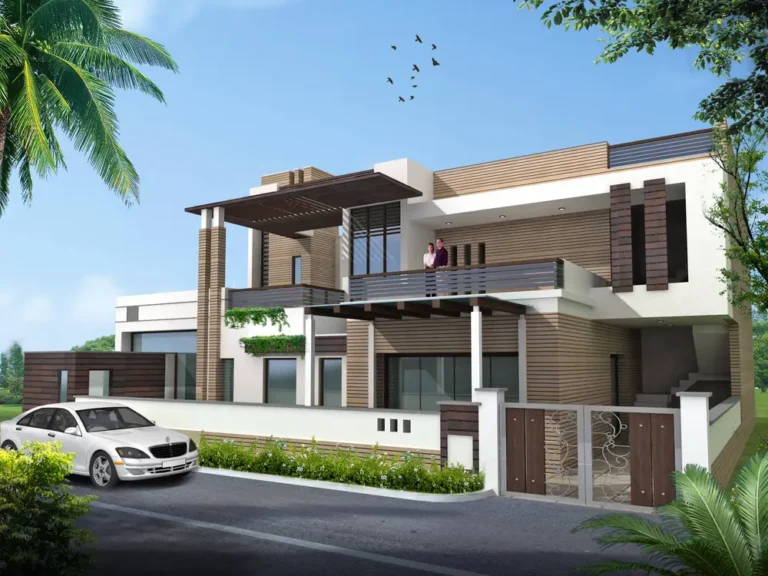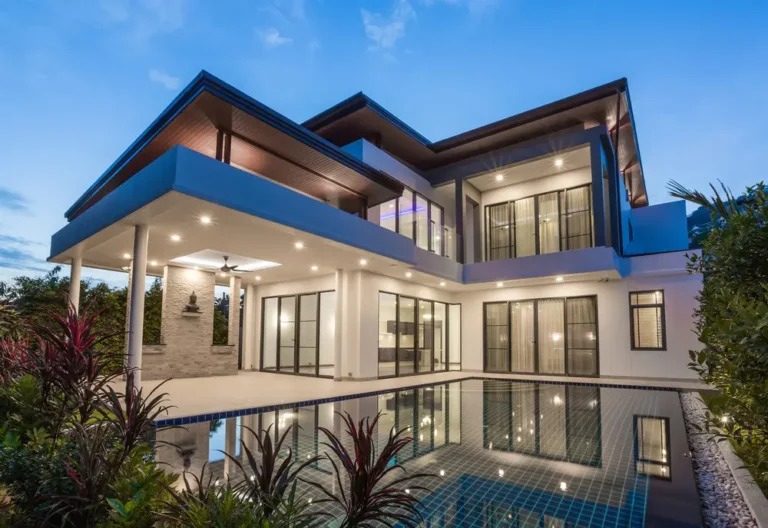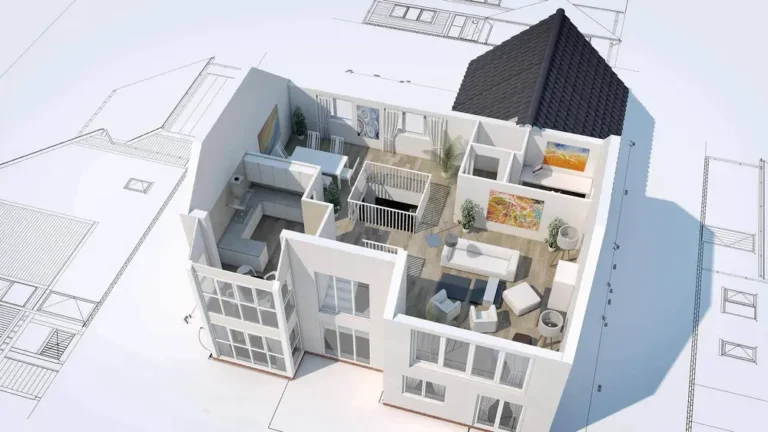Enhancing Aesthetic Appeal
Architectural design plays a crucial role in enhancing the aesthetic appeal of any building. A well-designed structure not only looks visually pleasing but also stands out in its surroundings. Thoughtful design elements such as symmetry, proportion, and balance contribute to a harmonious and attractive appearance. This aesthetic appeal can significantly increase the value of the property and create a lasting impression on visitors.
Optimizing Functionality
Beyond aesthetics, architectural design is essential for optimizing the functionality of a space. Effective design ensures that the layout of a building meets the needs of its occupants. By considering factors such as traffic flow, room placement, and spatial organization, architects can create spaces that are both practical and comfortable. This functionality enhances the overall user experience and makes daily activities more efficient.
Promoting Sustainability
Sustainable architectural design is becoming increasingly important in today’s world. Incorporating eco-friendly materials and energy-efficient systems into building designs helps reduce the environmental impact. Sustainable design practices, such as passive solar heating, natural ventilation, and green roofs, contribute to energy conservation and lower utility bills. These features not only benefit the environment but also promote a healthier and more sustainable lifestyle.
Ensuring Structural Integrity
Architectural design is fundamental in ensuring the structural integrity of a building. Architects work closely with engineers to create designs that are safe and stable. They consider factors such as load-bearing capacities, material strength, and seismic resistance to prevent structural failures. A well-designed building provides peace of mind to its occupants, knowing that it can withstand various environmental conditions.
Reflecting Cultural Identity
Architectural design often reflects the cultural identity and values of a community. By incorporating traditional elements and local materials, architects can create designs that resonate with the cultural heritage of an area. This reflection of cultural identity fosters a sense of pride and belonging among the inhabitants. It also helps preserve the unique character of a place, contributing to its historical significance.
Facilitating Innovation
Innovative architectural design pushes the boundaries of what is possible. Architects continuously explore new materials, technologies, and design philosophies to create cutting-edge structures. This innovation not only advances the field of architecture but also inspires other industries to adopt creative solutions. By embracing innovation, architectural design can lead to groundbreaking developments that shape the future of construction and urban planning.
Improving Quality of Life
Ultimately, the importance of architectural design lies in its ability to improve the quality of life for individuals and communities. Thoughtfully designed spaces enhance comfort, productivity, and well-being. They provide environments that support various activities, from work and education to relaxation and recreation. By addressing the physical, emotional, and social needs of occupants, architectural design creates spaces that enrich lives and foster a sense of community.
In conclusion, architectural design is a vital aspect of any construction project. It encompasses aesthetics, functionality, sustainability, structural integrity, cultural identity, innovation, and quality of life. At LH Constructions, we understand the profound impact of architectural design and are committed to creating spaces that exceed expectations. Trust us to bring your vision to life with our expertise and dedication to excellence.



